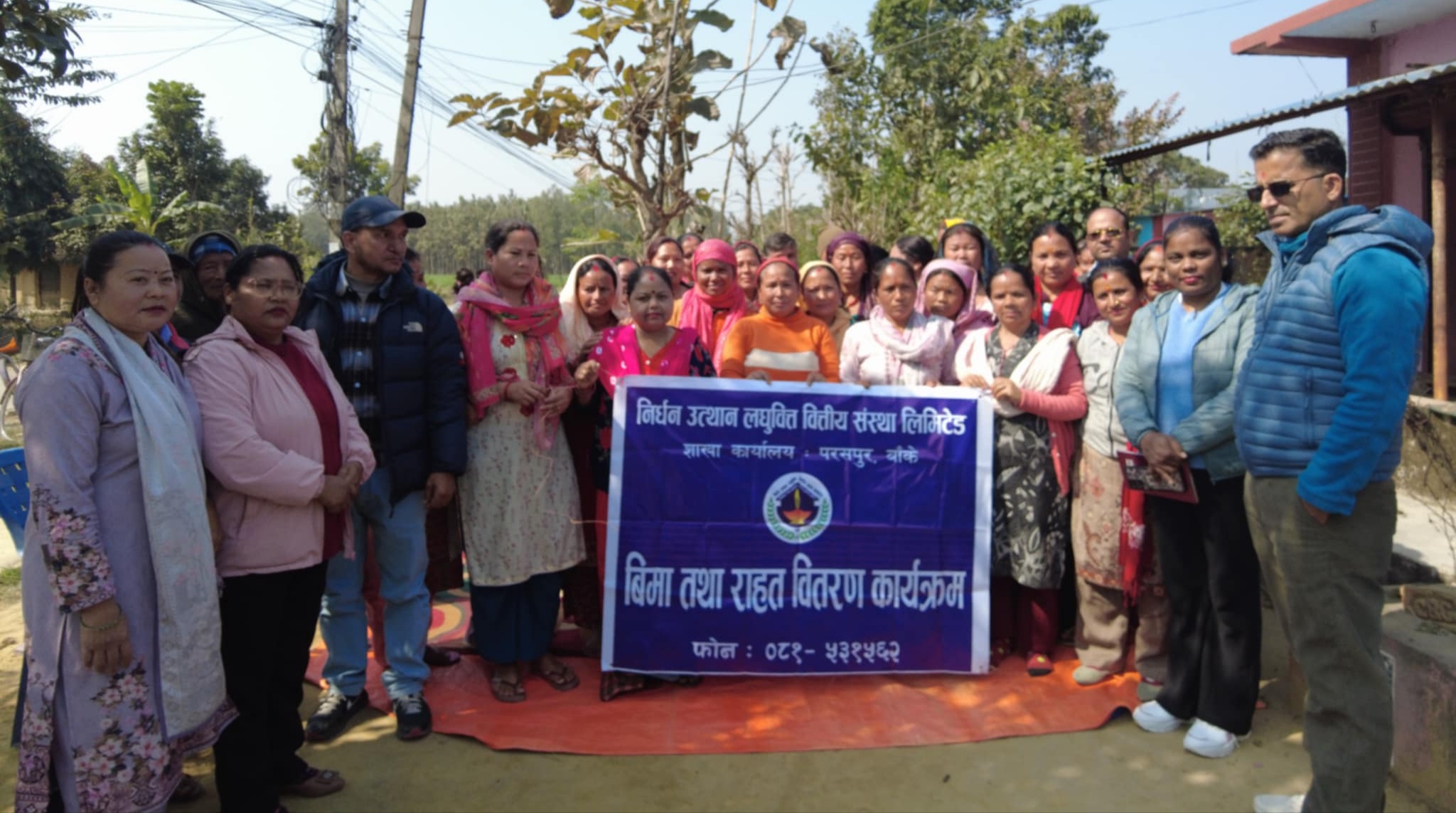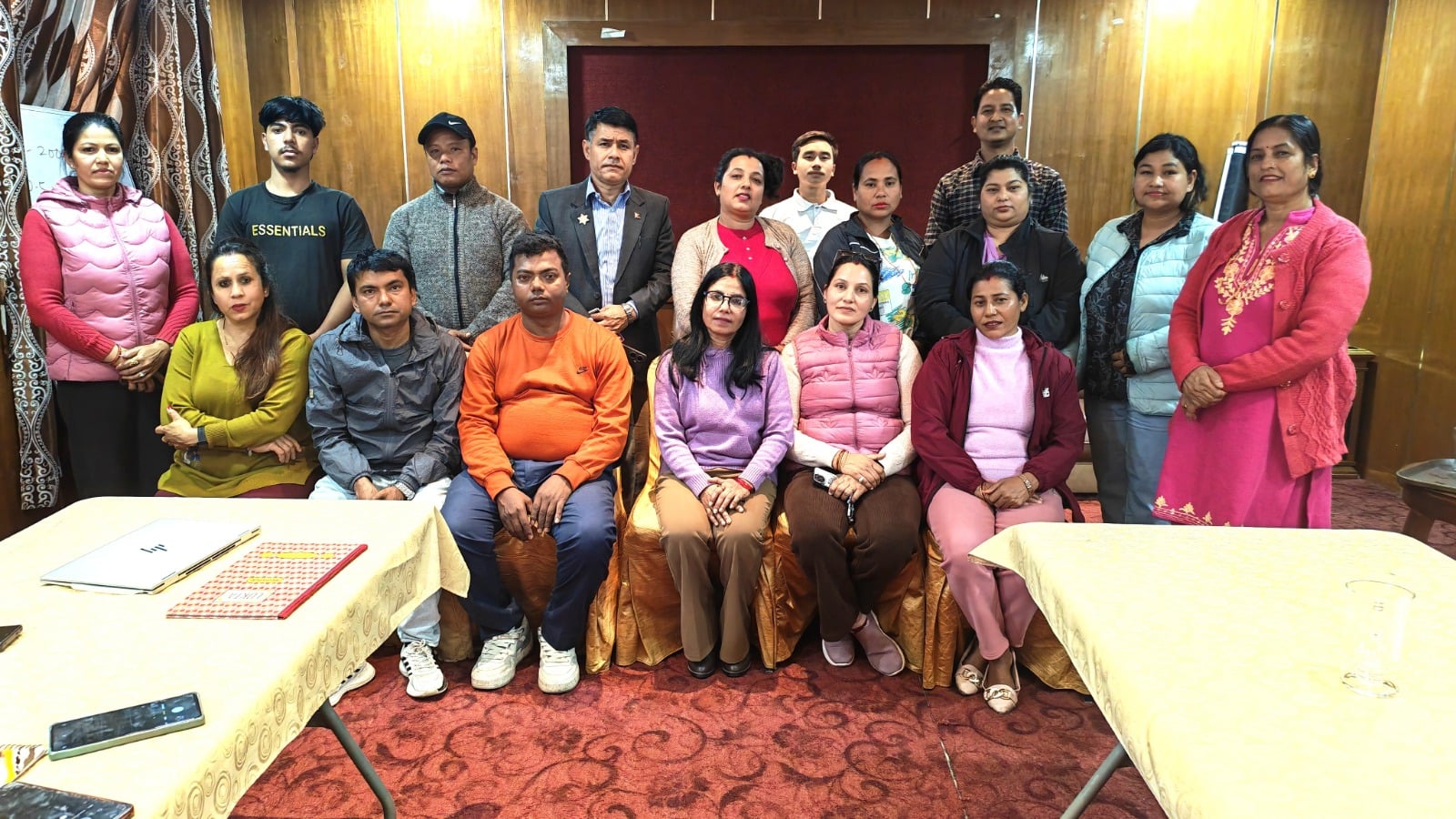
Community leadership plays a pivotal role in fostering positive change, mobilizing resources, and bringing together diverse groups for a common purpose. Throughout history, numerous individuals have emerged as influential figures in community leadership, enabling social progress, economic development, and the well-being of societies. This essay explores the historical context, key figures, and impact of community leadership, while analyzing influential individuals who have significantly contributed to the field. It also considers both positive and negative aspects, various perspectives, and potential future developments related to community leadership.
Historical Context and Key Figures: Community leadership can be traced back to ancient civilizations where influential individuals emerged for the betterment of their communities. For instance, in ancient Greece, statesmen like Pericles revolutionized democracy and established a model of community leadership that would inspire generations to come. Pericles envisioned an inclusive Athens, emphasizing the importance of citizen participation, public education, and culture.
In the United States, the Civil Rights Movement of the 1960s witnessed remarkable community leadership figures such as Martin Luther King Jr. His charismatic leadership and nonviolent resistance strategies inspired people of all backgrounds to rally for racial equality, sparking significant legislative and social reforms.
Another notable example is Mahatma Gandhi, who led the Indian National Congress and united the Indian community during the struggle for independence from British rule. Gandhi’s principles of nonviolent civil disobedience and peaceful protests not only changed the course of Indian history but also influenced community leaders worldwide.
These key figures in community leadership have left lasting legacies, serving as embodiments of the power of grassroots movements and showcasing how individuals can make a profound impact on their communities.
Impact and Influential: Individuals in Community Leadership Community leadership has the potential to create long-lasting positive change by addressing various social, economic, and environmental issues. It can empower marginalized groups, promote volunteerism, and facilitate necessary collaboration between different stakeholders.
Several influential individuals have contributed significantly to this field. Jane Addams is renowned for her contributions to community development through her establishment of the Hull House in Chicago in the late 19th century. Addams focused on improving the lives of immigrants by providing essential services and advocating for social reforms. Her work laid the foundation for modern-day community centers and social welfare initiatives.
Javier Sicilia, a Mexican poet and journalist, emerged as a prominent community leader in response to the country’s drug-related violence epidemic. Sicilia founded the Movement for Peace with Justice and Dignity, which effectively rallied citizens and demanded an end to violence through peaceful means. His efforts highlighted the importance of community-led initiatives in tackling complex societal challenges.
Community leadership also plays an essential role in sustainable development. Kailash Satyarthi, an Indian activist and Nobel Peace Prize laureate, has dedicated his life to combating child labor and advocating for children’s rights. Satyarthi founded Bachpan Bachao Andolan, a campaign that has rescued thousands of children from exploitative labor and promoted education as a means of empowerment.
Perspectives, Analysis, and Future Developments: Despite the significant positive impact of community leadership, it is crucial to acknowledge the potential negative aspects and challenges associated with this field. A power imbalance between community leaders and community members can arise, leading to ineffective representation and the exclusion of diverse voices. Additionally, resource limitations, bureaucratic hurdles, and resistance from established power structures can hinder community leaders’ efforts.
To address these challenges, community leadership must prioritize inclusivity, ensure representation of all stakeholders, and facilitate participatory decision-making processes. This can help avoid unintended negative consequences and enhance the overall impact of community-led initiatives.
Looking to the future, community leadership is expected to evolve, driven by advances in technology, globalization, and shifting societal values. The digital era presents unprecedented opportunities to connect communities, mobilize resources, and amplify voices. Online platforms and social media play a significant role in raising awareness, organizing campaigns, and cultivating grassroots movements with global reach.
Furthermore, an emphasis on sustainability and environmental stewardship will likely shape the future of community leadership. With increasing ecological concerns, leaders will need to foster a sense of responsibility and community resilience to address climate change, pollution, and other environmental challenges.
Community leadership has been a driving force in shaping societies and inspiring positive change throughout history. From ancient civilizations to modern grassroots movements, influential individuals have demonstrated the power of community-led initiatives. While community leadership holds immense potential for addressing social, economic, and environmental issues, challenges and limitations must be acknowledged and addressed. By promoting inclusivity and participatory processes, community leadership can continue to drive progress, foster resilience, and create a better future for communities around the world.






















